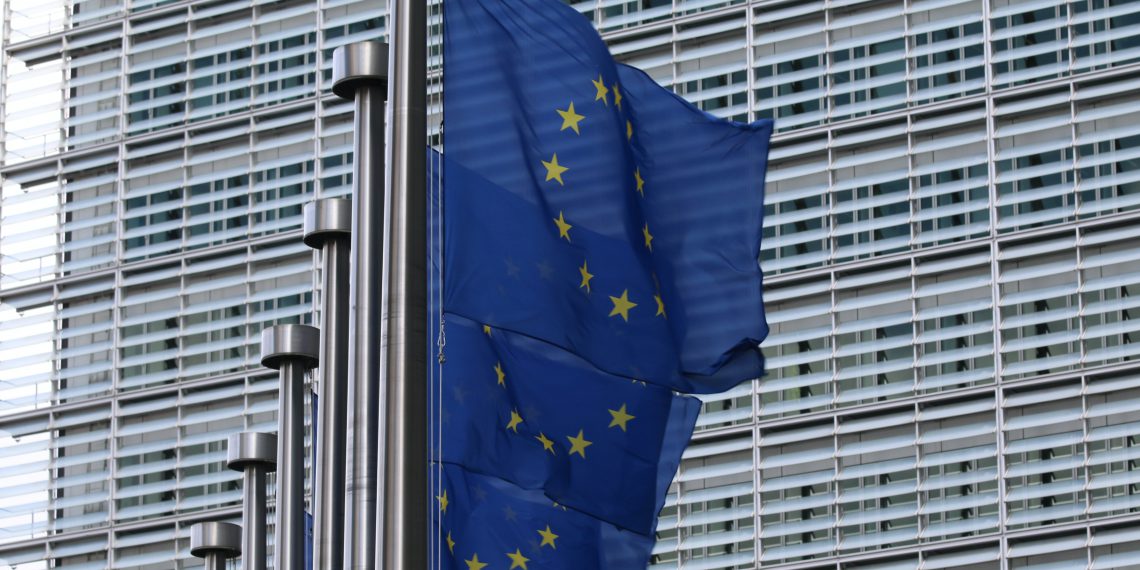- Productsxpath.pro for HRs
- Case Management
- Benefit Packages Management
- Assignment Management
- Digital RFQ/RFP System
- Employee Profile
- Workflows & Checklists
- Supplier Management
- Expense Tracking
- Processes & Timeline
- Secure Communication Portal
- Salary Calculator
- Expiry Date Reminders
- Cost Projections
- Report & Analytics
- Secure Document Management
- AI Generated Template Documents
xpath.pro for Service ProvidersMarketplace xpath.one - Expatriate Mobile APP
xpath.one - Expatriate Mobile APP - SolutionsSolutions
-
Internal Process Management
Manage, track and optimize internal operations for increased efficiency of process workflow.
-
Tax Services
Gain dedicated consultants to manage your global mobility needs.
-
Assignment Costs Management
track and control assignment-related expenses for efficient budget management.
-
Data Analytics & Reports
Gain insights and make informed decisions through this comprehensive feature.
-
Data Management System
Centralize expatriate information for efficient tracking, compliance, and editing.
-
Digitalize Employee Relocation
Secure portals for uploading, storing, and managing necessary documents such as contracts, visas, and work permits.
-
Expanding The Global Mobility Supply Chain
Network of vetted suppliers offering over 60,000 mobility services across 183 countries.
-
Global Mobility Case Management System
track and control assignment-related expenses for efficient budget management.
-
Document Management and Sharing
Simplifies document requests and secure sharing for seamless collaboration for all stakeholders
-
Supplier Management System
Manage and streamline supplier deliverables for optimal performance and collaboration
-
Tax Calendar
Keep track of your assignment duration and length of stay in host country to support tax returns
-
-
PricingPricing
- Company
- Resources












